Family Conference
ISMRD’s penguin family again migrated from around the world to attend the 3rd International conference for Glycoprotein Storage Diseases held in Charleston, South Carolina USA. The meeting was jointly hosted by ISMRD and the Greenwood Genetic Center (GGC).
Natural History clinics for 30 patients were also held at GGC’s Charleston office on July 27th and 30th.
We would not have been able to present this meeting without the very generous support of the National Institute of Neurological Disorders and Stroke, The Everylife Foundation, Mercy Medical Airlift, Zymenex, Rock4Dakatah, Genzyme and Ultragenyx.
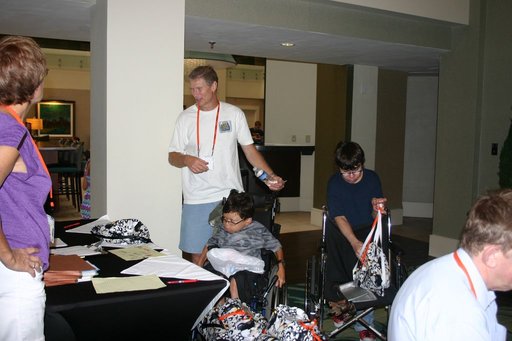
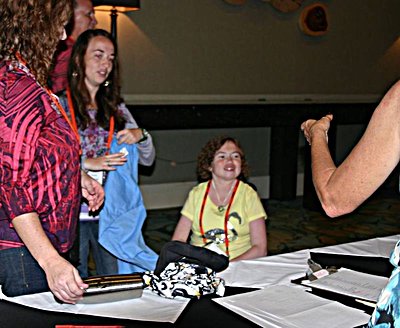
Welcome Reception
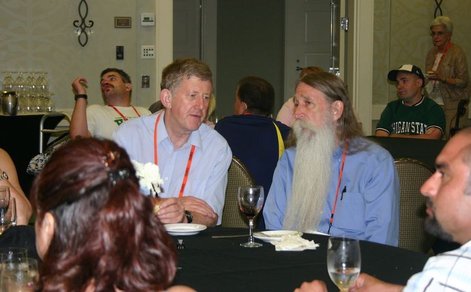
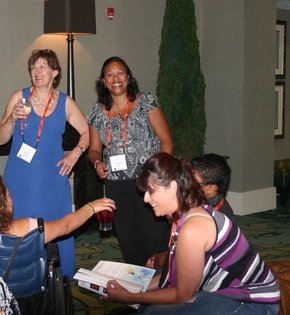
The welcome reception was full of excitement as old friends gathered together and new friends met for the first time.
Saturday
The morning sessions were a combined Scientific/Family meeting with Richard Steet opening the meeting with a presentation on an Overview of Glycoproteinoses followed by Emil Kakkis who spoke about Effective treatments for rare diseases – How do we get there.
After lunch the meeting split in two with the families moving onto their program that looked at the pathway to treatments, understanding neurological symptoms and signs. There were topics looking at dental care, eye issues, exercise for individuals with disabilities and two families gave their experiences of Bone Marrow transplant and Dental care in ML II.
To see the full conference program and abstracts click here.
A Memorial Service was held in loving memory of all those who have lost their lives to one of these diseases. The service was followed by the balloon release. All eyes were glued to the sky until the very last balloon was out of sight. The presence of so many professionals, caregivers, friends, families and their children to honor those gone before us was amazing, a very touching end to the first day.
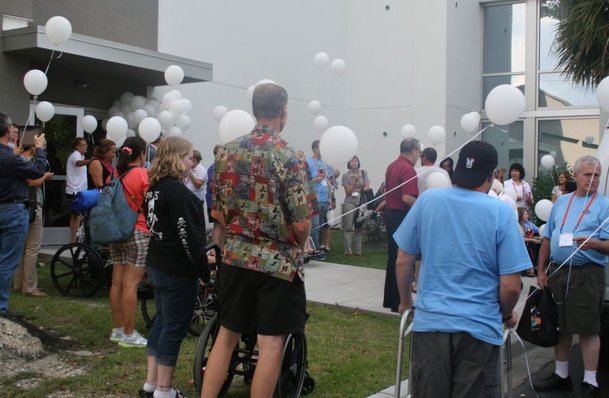
Life Time Achievement Award
Life time awards are not something that are given out lightly – rather they are recognition of the dedication we see in those that we regard as special because they have given their life and talents to trying to seek a cure for these rare and debilitating diseases.
ISMRD was very proud to present its very first Life Time Award to Dr Jules Leroy for his dedication to Mucolipidosis through-out his whole working life.
Jenny Noble New Zealand, Sylvia Webb Australia and Nila Coley USA all spoke of his dedication, his love and the time he so willingly gives to families over the years.
Dr Leroy being a very humble man thanked ISMRD for the award and dedicated the award to those that have challenged him through out his working life, and to the families who very generously allowed him to meet and spend time with their children.
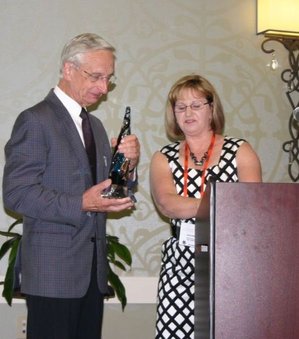
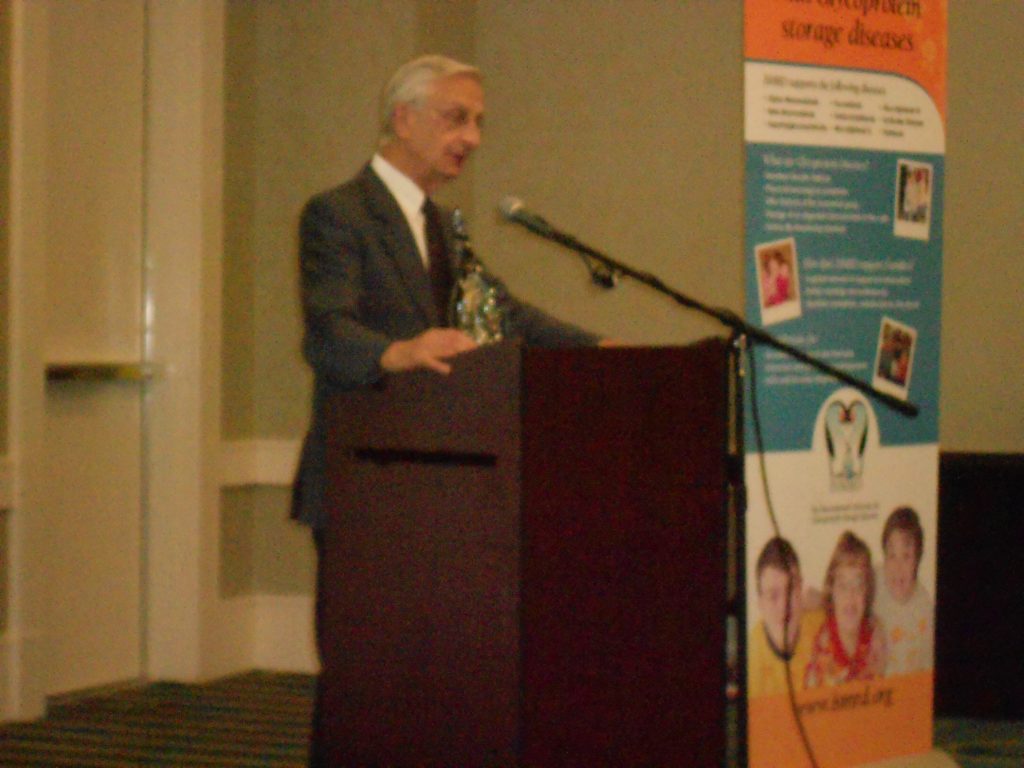
Sunday
The family program for Sunday was full of interesting topics such as, managing seizures, feeding and nutrition issues for those affected with a genetic disorder.
There was an interesting presentation on Palliative care. The presentation talked about how pediatric palliative care has forged new frontiers by recognizing that early referral and extended care by an integrated palliative care team can enhance the quality of life for children and their families when a cure is not possible. It also looked at the burdens placed on those caring for the affected patient.
Another interesting topic was Transition from from Pediatrics to adult health services and transition into the community. This presentation talked about how important it was to build a team of health professionals and community support people around the affected person so that the transition is smooth and does not cause undue stress to the family and affected person.
Lucia Horowitz talked about psychological testing and went on to explain what it all means and the how this kind of testing is useful when making important life decisions.
The meeting closed at 11.30 with the families joining the scientific meeting for final discussions.
Mark Stark President of ISMRD presented ISMRD’s future plans for supporting research and Jackie James Board member talked about how important it was for ISMRD to have support from families to raise funds so that we can support research met our administrative costs and host conferences as examples of where ISMRD needs funding support.
The meeting closed with a shared lunch.
